The Ultimate Guide for First-Time Homebuyers
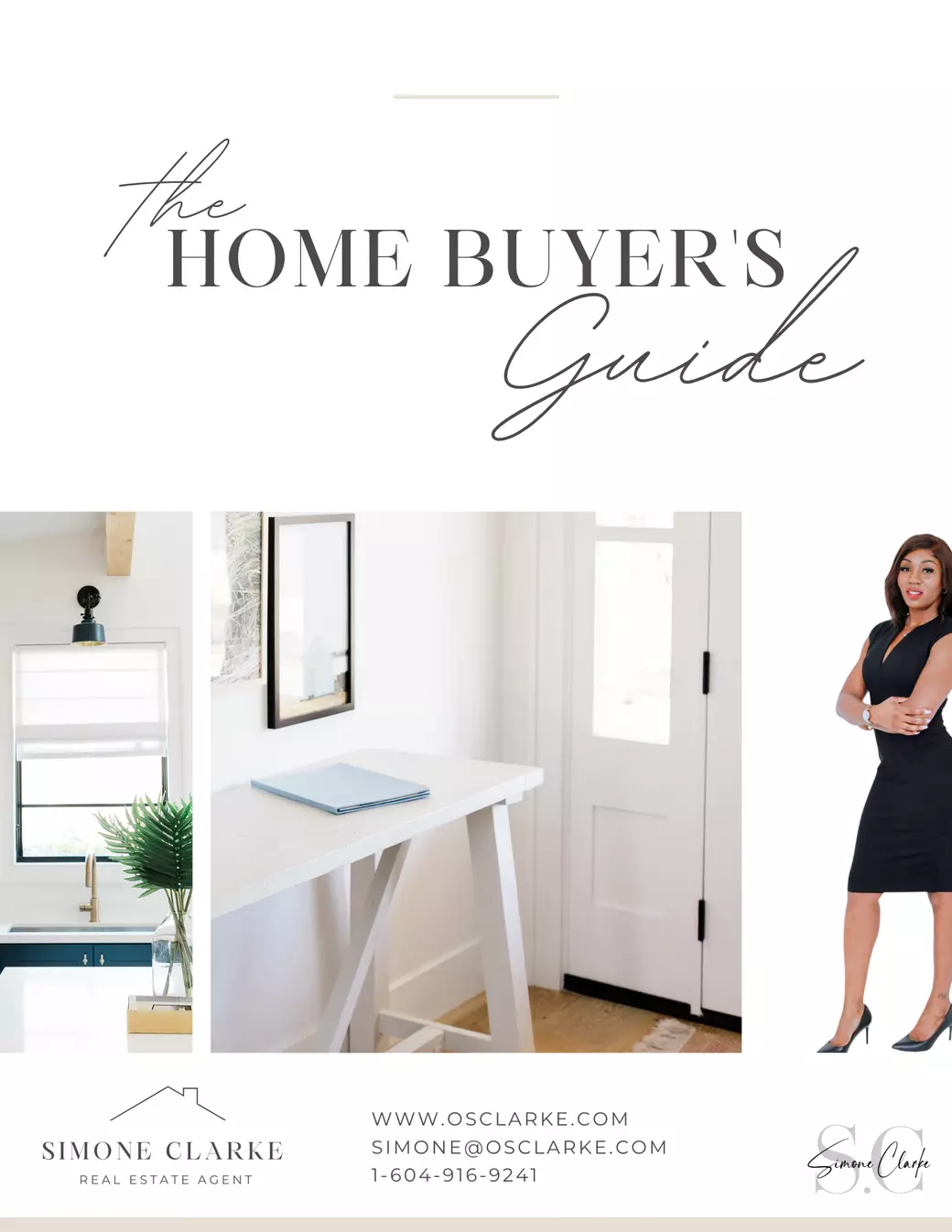
The Ultimate Guide for First-Time Homebuyers: How to Get What You Want at a Price You’re Happy With
Buying your first home can be an exciting yet overwhelming experience. With so many factors to consider — from interest rates and down payments to deciding whether to buy or sell first — it's easy to feel a little lost. But don’t worry, with the right approach, you can secure a home that meets your needs without breaking the bank. Let’s break down the key elements of homebuying to help you make informed decisions and get the best deal possible.
1. Understand Your Budget: What You Can Afford
The first step in your home-buying journey is understanding how much you can afford. This includes not only the price of the property itself but also additional costs like closing fees, property taxes, and maintenance. A good rule of thumb is to spend no more than 30% of your monthly income on housing.
Work with a mortgage broker or lender to understand your financial limits. They can help you get pre-approved for a loan, which will give you a clear idea of how much you can borrow. Pre-approval is also a great tool when you begin viewing homes, as it shows sellers you're serious and prepared to make an offer.
2. The Role of Interest Rates in Your Purchase
Interest rates have a huge impact on how much you'll pay for your home in the long run. A lower interest rate can save you thousands of dollars over the life of your mortgage. Currently, interest rates are fluctuating, so it’s important to stay on top of these changes. Even a small difference in rates can make a significant difference in your monthly payments.
If you’re uncertain about the direction interest rates will take, consider locking in a rate with your lender. Additionally, remember that fixed-rate mortgages can provide stability, while variable-rate mortgages may offer lower initial rates but come with the risk of rate increases down the road.
3. The Importance of a Down Payment
Saving for a down payment is one of the most important steps in buying a home. A larger down payment not only reduces your loan amount but also shows sellers that you're financially stable and serious about purchasing. In most cases, the minimum down payment required is 5-20% of the home’s purchase price.
While it may seem daunting, there are programs and incentives available for first-time buyers that can help with down payments. Be sure to research government programs and speak with your mortgage advisor to see if you're eligible for any assistance.
4. Should You Buy First or Sell First?
This is one of the biggest dilemmas for many buyers, especially if you're selling an existing home and buying a new one at the same time. The key question is: How do you avoid owning two properties or carrying two mortgages?
Many buyers opt to sell their current home first to know exactly how much money they have for a new purchase. However, this comes with the risk of having to move out of your home before securing a new one. If you’re not ready to move into a new home right away, you may need to rent temporarily, which can add an extra layer of stress.
Alternatively, buying before selling can be advantageous if you find your ideal home and don’t want to risk losing it in a competitive market. But this could result in carrying two mortgages for a period of time. If you decide to go this route, make sure you have enough financial cushion to handle both payments comfortably.
Some buyers opt for a “bridge loan,” which is a short-term loan designed to cover the gap between the purchase of a new home and the sale of the current one. This option allows you to secure your new home without worrying about the timing of your current home’s sale.
5. How to Get the Best Deal
When it comes to negotiating, don't be afraid to ask for what you want. A good real estate agent will help you navigate the market and negotiate on your behalf to get the best possible price. Do your research and compare homes in the area to ensure you're paying a fair price for the property.
Also, pay attention to market conditions. If it's a seller’s market (where demand exceeds supply), you may need to make a stronger offer to stand out. In a buyer’s market (where supply exceeds demand), you may have more leverage to negotiate the price or ask for additional concessions like repairs or closing cost credits.
6. Stay Patient and Don’t Rush
Buying a home is a significant decision that requires careful consideration. Don’t feel pressured into making a quick decision just to close a deal. Take your time to find a property that meets your needs, fits your budget, and gives you peace of mind. The market will always have new listings, so be patient, stay informed, and you’ll find the perfect home when the time is right.
In conclusion, purchasing your first home is an exciting milestone, but it requires careful planning and attention to detail. By understanding your budget, considering interest rates, saving for a down payment, and deciding whether to buy or sell first, you can confidently navigate the home-buying process. And with the right approach, you’ll find a home that fits your needs and your budget — without the stress.
If you're ready to take the next step or have any questions about the process, feel free to reach out. I’m here to help guide you through every stage of the journey and ensure you make the best decisions along the way.
Happy homebuying!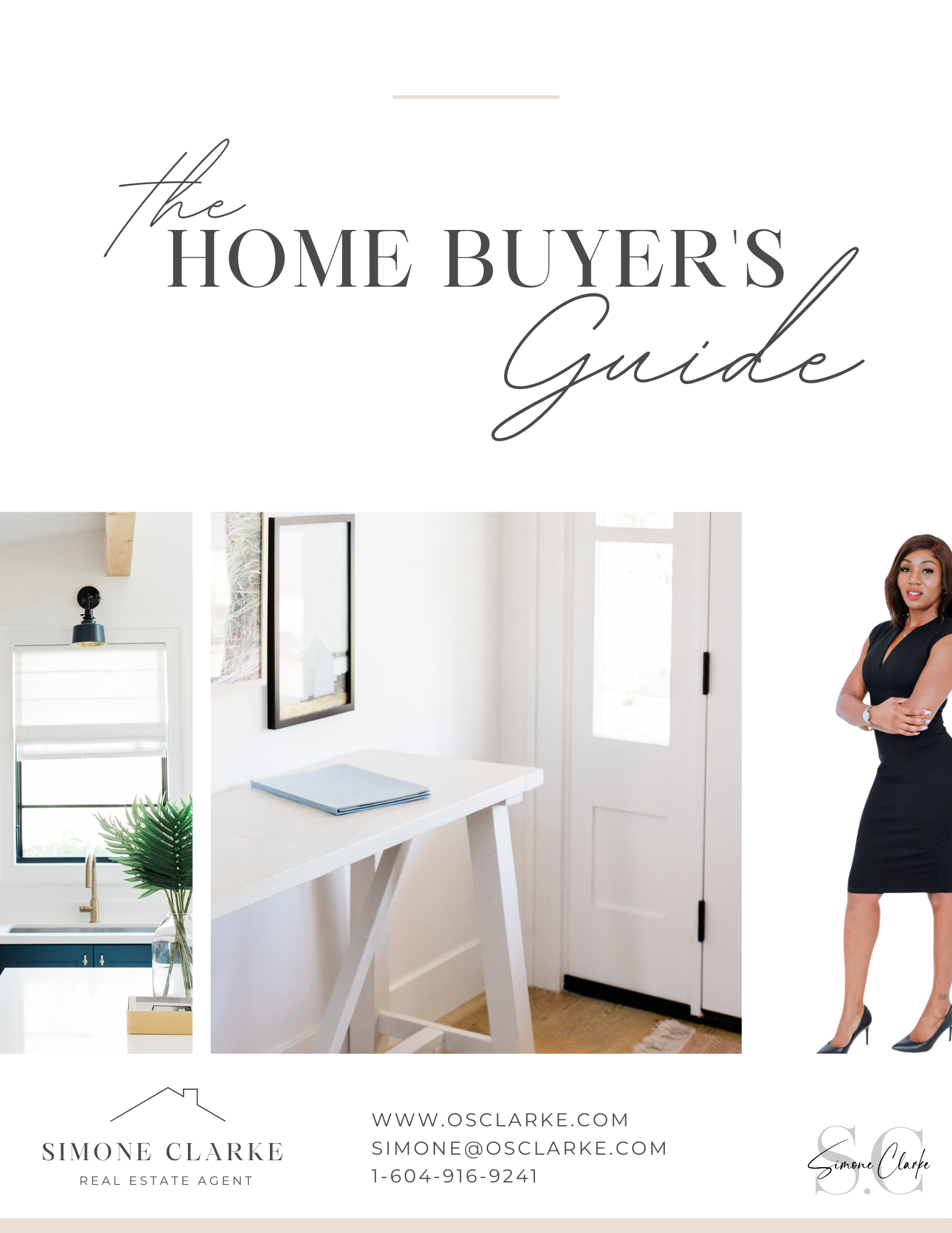
Categories
Recent Posts
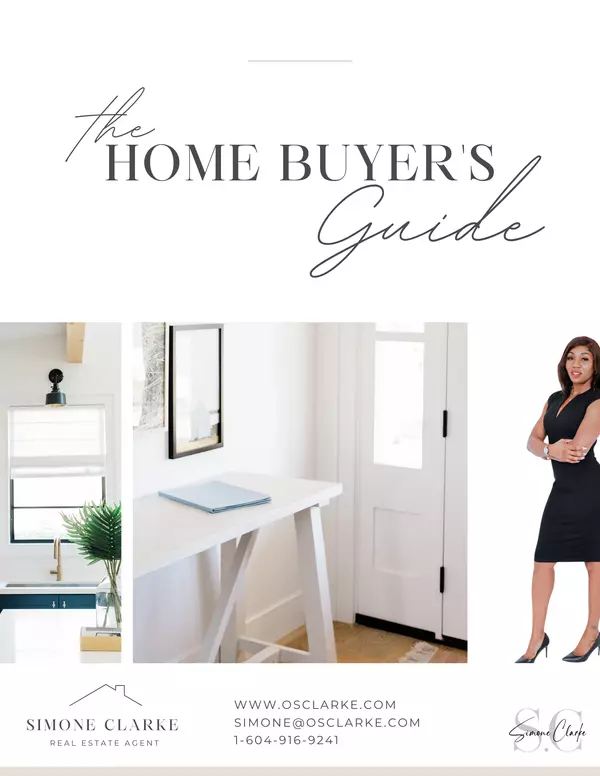

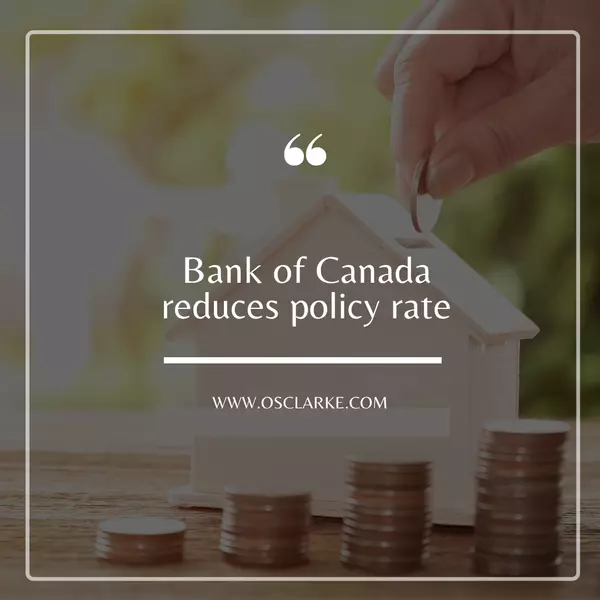
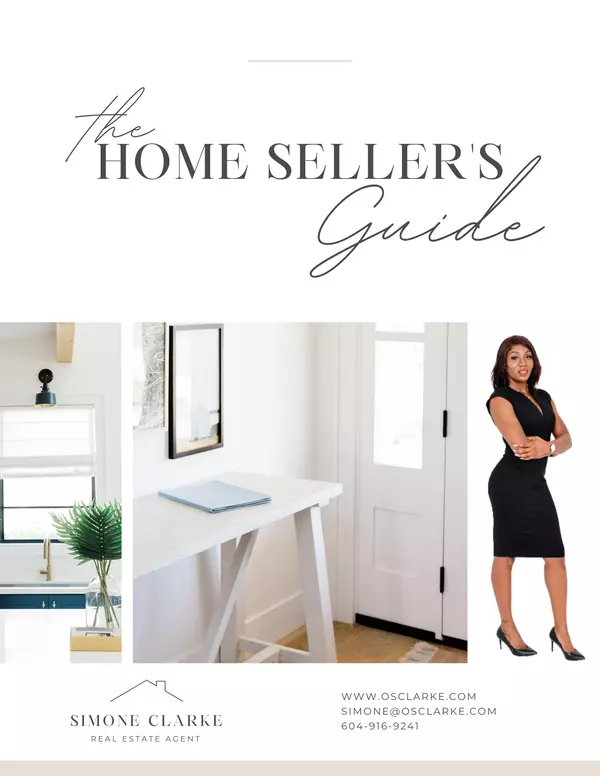



"My job is to find and attract mastery-based agents to the office, protect the culture, and make sure everyone is happy! "
